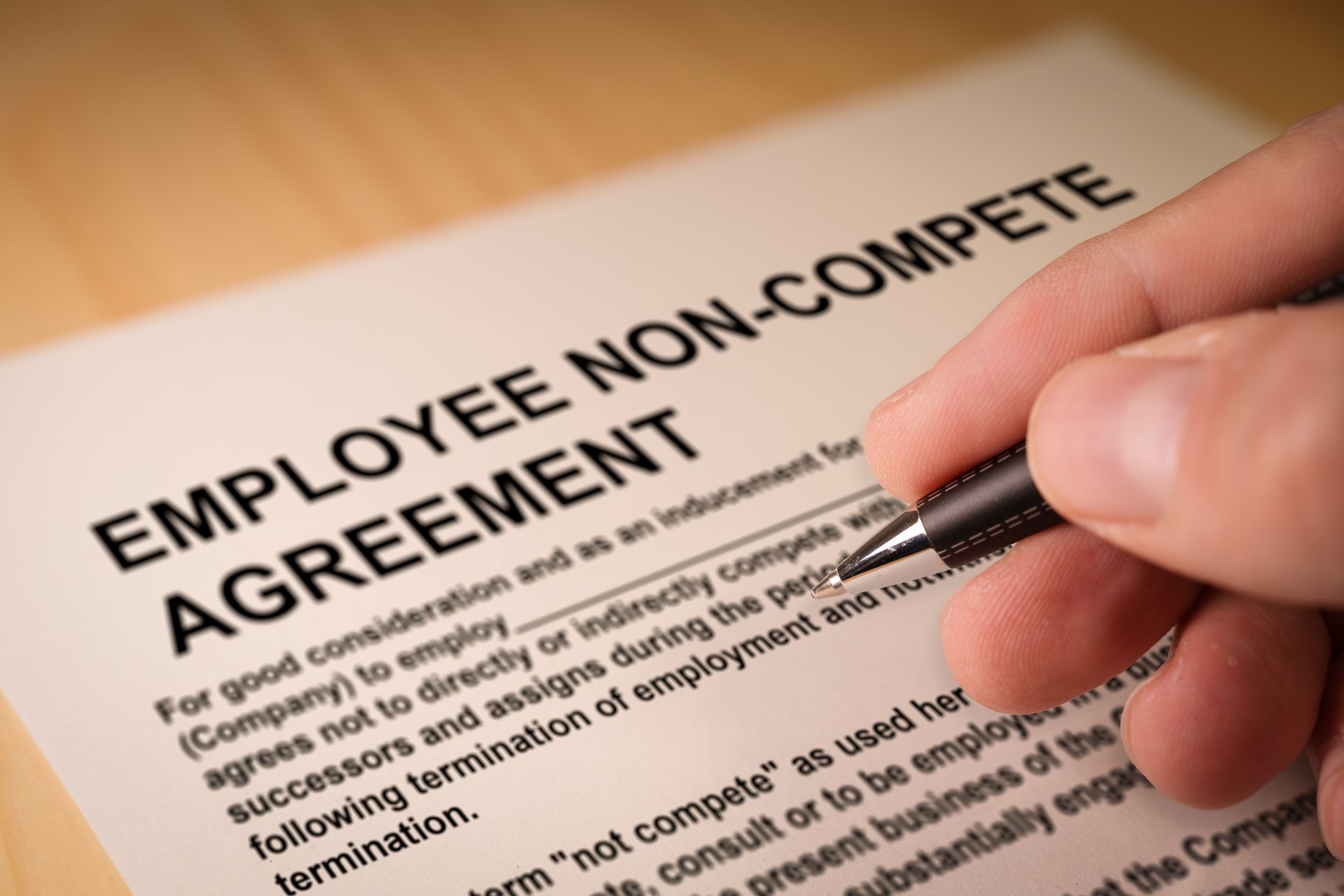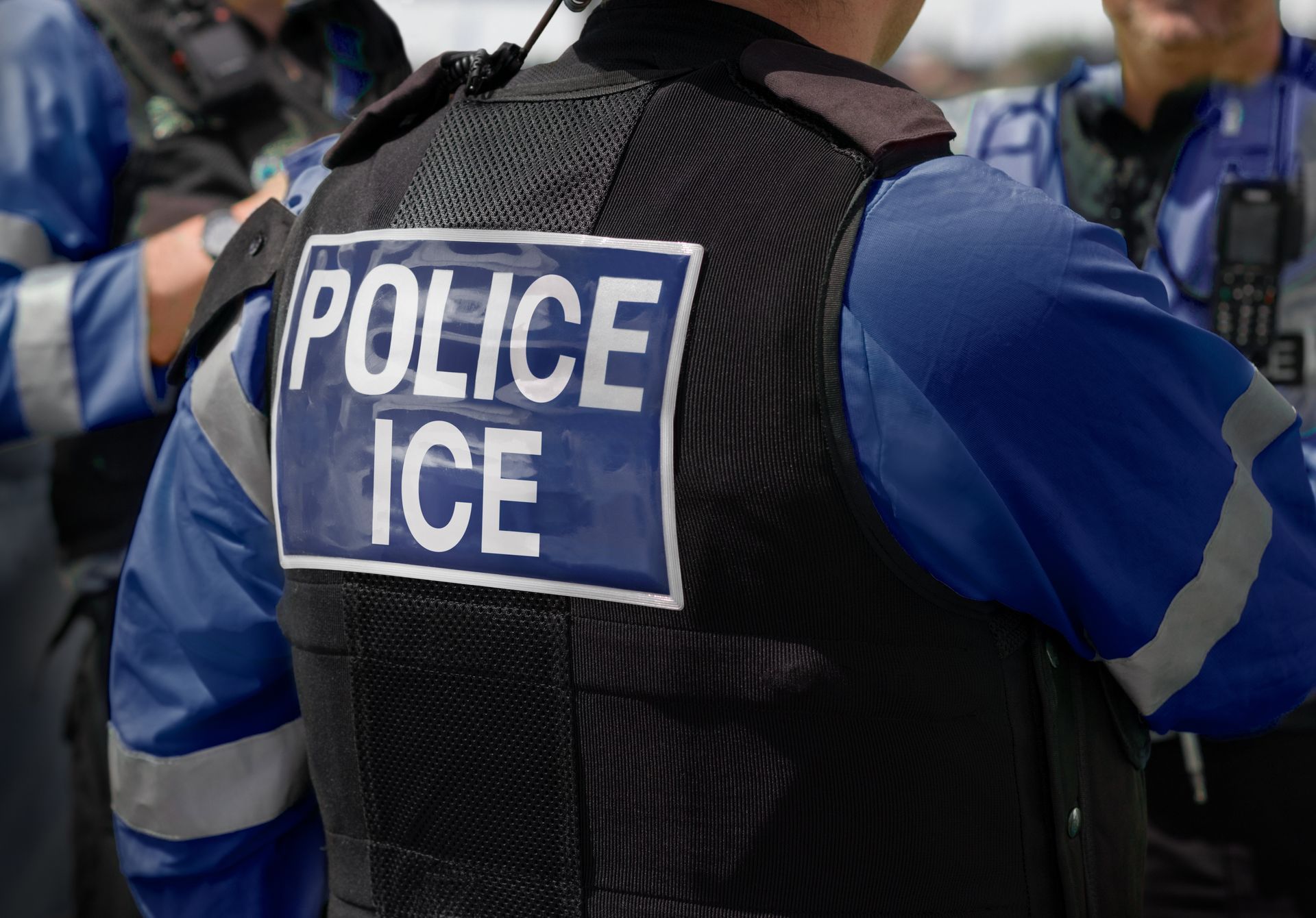No. Despite what click-bait articles might tell you, it’s not – and likely never was – illegal to eat burgers on Sundays in St. Cloud, Minnesota – where the rumor originated.
A likely contributor to this baseless rumor are the legal artifacts known as “Blue Laws.” Blue Laws (also known as “Sabbath Laws”) are ordinances set in place back in colonial America to regulate commercial activities on Sundays or religious holidays. Their goal was to ensure Sundays were utilized as a day for Christian observances, reserving activities to purely rest and worship.
Many of these laws have since been repealed, mostly because they unconstitutionally reinforce a singular religion and thus contradict the First Amendment. That said, despite being very much rooted in the past, the presence of some of these laws can still be felt in the U.S. today.
The remnants of Blue Laws are typically seen in laws that restrict certain activities on Sundays, like drinking at bars, buying liquor or car dealership operations ( yes, this is still a thing in Minnesota ).
Why the rumor of this myth continues to persist remains a mystery. That said, Minnesota does have some uncommon yet legitimate food laws that could lead to harsh penalties if you violate them unknowingly.
Unique Food Laws in Minnesota
- Fermented Food Production: Fermented foods like yogurt or sauerkraut must have a HACCP (Hazard Analysis Critical Control Points) plan to ensure it’s safe for consumption. However, unlike other states, Minnesota doesn’t apply this rule to kombucha because it doesn’t need to be refrigerated to ferment.
- Cold Brew: If a batch of cold brew needs to be refrigerated to be a complete product, then it is categorized as a “ Time/Temperature Control for Safety (TCS) food ,” which means the maker is legally obligated to not only refrigerate it but also give it a strict seven-day expiration date.
- Roadkill for Dinner: In Minnesota, you need a permit to salvage and consume animals accidentally killed on the road.
- Fish Decoys: The state prohibits using lighted fish decoys that contain mercury.
- Venison Sales: Although you can eat roadkill with a salvage permit, selling venison from deer killed on the roadside is illegal. This regulation helps maintain food safety standards and prevent the sale of potentially contaminated meat.
- Homemade Goods Distribution: According to Cottage Food Law, people can sell homemade goods like butter directly to consumers without a food handler’s permit if the sale total is less than $7,665. Those with profits exceeding that limit must be registered as a cottage food producer and complete mandatory food safety training every three years.
- Raw Milk Sales: It’s legal to sell raw milk in Minnesota if purchased from the place or farm where it’s produced. However, purchasers should be aware of the potential health risks associated with consuming unpasteurized milk.
Do I Need a Criminal Lawyer for Food Safety Violations?
Most violations of food safety regulations in Minneapolis result in an embarrassing health inspection report or, in severe cases, fines and temporary closures. The consequences rarely rise to criminal prosecution.
However, there are instances where a worker or business owner could find themselves under investigation for food-related criminal offenses, especially in situations where law enforcement suspects intentional adulteration or the safety hazard at issue pose a significant risk to public safety.
Find Qualified Legal Assistance Against Obscure Food Laws in Minnesota
If you’ve been charged with a food-related crime but aren’t sure where to find an attorney with relevant practice experience, the Minnesota Lawyer Referral and Information Service (MNLRIS) can help. We can refer Minnesotans to one of over 200 local private attorneys covering more than 50 practice areas, some of whom have extensive experience defending clients against food law violations.
Our referral counselors can even schedule your appointment with a competent legal advisor through our Misdemeanor Defense Project , which helps defendants connect with an attorney who can help them understand the charges and prepare them for misdemeanor court.
Alternatively, if someone pursues a civil claim related to an injury you allegedly caused due to unsafe food, we can refer you to an appropriate civil defense attorney who can represent you in negotiations and litigation.
Learn more about how we can assist by calling our referral counselors at (612) 752-6699.
The post Is It Illegal to Eat Burgers on Sundays in Minnesota? first appeared on Minnesota Lawyer Referral and Information Service.




